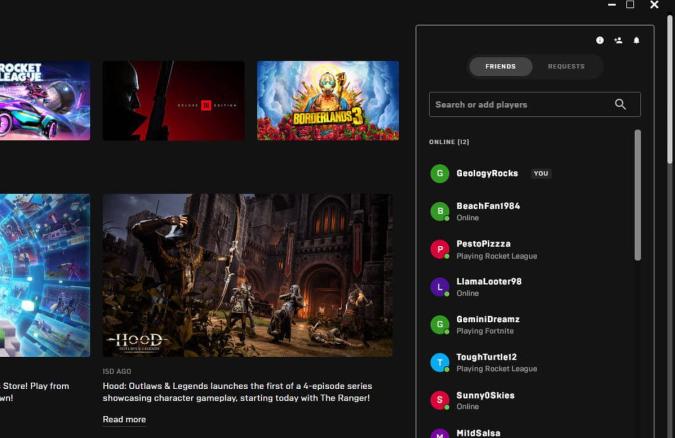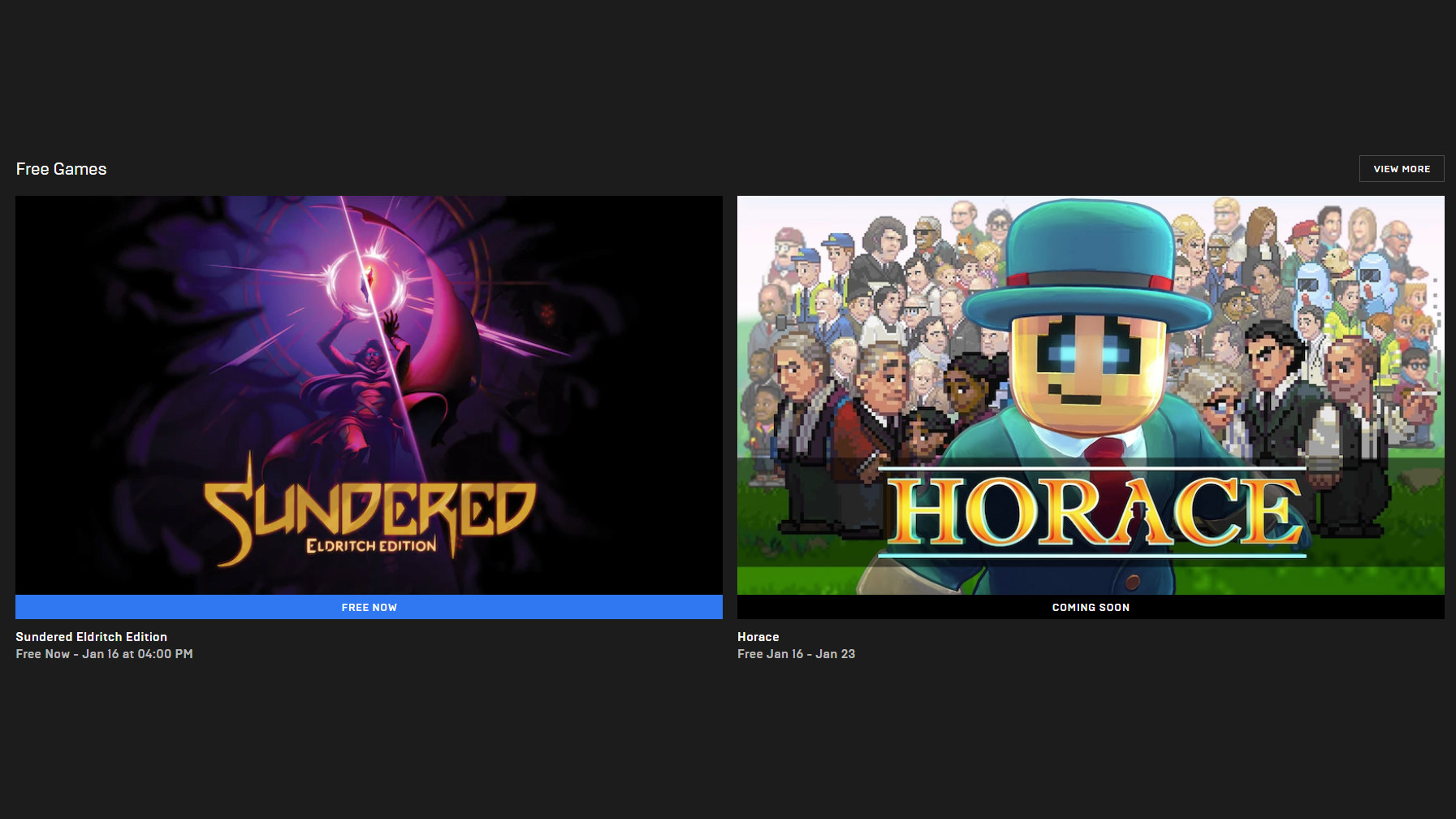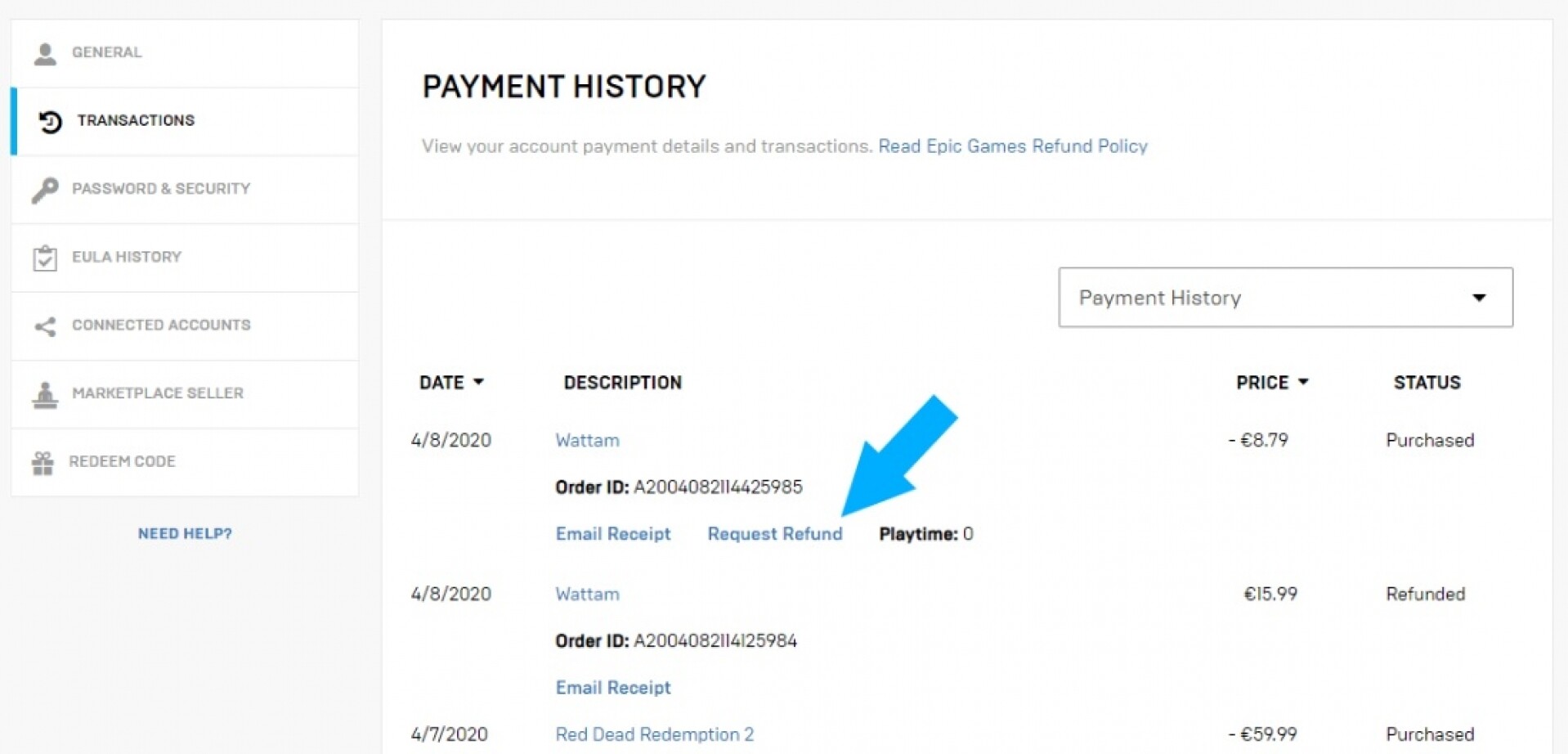

As for loot boxes, the concept existed well before videogames did.) (It wasn't just Valve: Diablo 3 and its auction house also launched in 2012. Valve arguably built an NFT-like system before NFTs.

Only six years earlier, the Oblivion "Horse Armor" DLC had been controversial, and now we were buying and selling virtual hats. Use of loot boxes is declining among big publishers, but the Steam Marketplace reflected a huge fundamental change in how people and publishers think about how we pay for games and the nature of in-game items. The other big event of 2012, and one of the most influential events in the history of gaming, was the launch of the Steam Marketplace, which allowed players to buy and sell in-game items for real money. The Marketplace complimented the crate and key systems in Team Fortress 2 and Counter-Strike: Global Offensive, which were early examples of loot boxes, one of the most controversial aspects of gaming in the 2010s. In the end, it was a half-step that Valve wasn't happy with: In 2013, Gabe Newell called Greenlight "a bad example of an election process." Later, Valve would get rid of Greenlight and replace it with Steam Direct, opening Steam to thousands of new games and leading Valve to create controversial new content policies and algorithmic discovery tools. The system came about during the rise of Kickstarter and other crowdfunding sites, a time when appealing to 'the wisdom of the crowd' was popular. The first big event is the launch of Steam Greenlight, which allowed Steam users to vote on which indie game projects should be allowed to release on Steam.
#444M EPIC GAME STORE STEAMWILDE PCGAMER PC#
He also addressed the question of why the launcher access Steam data files directly rather than using Steam's own API, saying that Epic aims to minimize its use of third-party libraries because of security and privacy concerns-not with Valve specifically, but "for the general concern of APIs collecting more data than expected.In 2012, Steam got two massive additions that foreshadowed some of the best and worst aspects of modern PC gaming.

"Since this issue came to the forefront we're going to fix it." It's actually my fault for pushing the launcher team to support it super quickly and then identifying that we had to change it," he wrote. "The current implementation is a remnant left over from our rush to implement social features in the early days of Fortnite. Update: In a comment on Reddit, Epic boss Tim Sweeney acknowledged that the Epic launcher should only access the localconfig.vdf from Steam after the user has opted to import their Steam friends list, not before. With so much existing animus around the Epic Store and its exclusivity deals, it's likely this one will keep smoldering for now. "We have lots of external shareholders, none of whom have access to customer data."Įpic's response isn't satisfying everyone: Several respondents on Reddit ask why the company is collecting data preemptively and without permission, despite Vogel saying that the Steam data is only transmitted if the user opts-in to importing Steam friends. "Epic is controlled by Tim Sweeney," he wrote. Vogel also took a moment to address accusations in the original post that Epic, due to the minority share in the company held by Tencent, has "very heavy ties to the Chinese government." The root certificate and cookie access mentioned above is a result of normal web browser start up." "The majority of the launcher UI is implemented using web technology that is being rendered by Chromium (which is open source). The source of the underlying system is available on github," Vogel continued.

"The UDP traffic highlighted in this post is a launcher feature for communication with the Unreal Editor. It also collects usage information for its websites, such as referral URLs and how long you're on them (most websites track these statistics), crash reports, location info, and "information that facilitates a safer and more personalized experience."
#444M EPIC GAME STORE STEAMWILDE PCGAMER SOFTWARE#
Epic's privacy policy does state that it collects "technical information about your computer, device, hardware, or software you use to access the Internet or our services" when you use its websites, games, and applications.


 0 kommentar(er)
0 kommentar(er)
